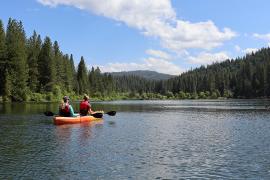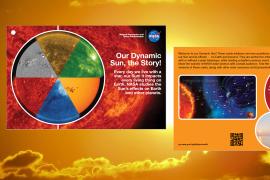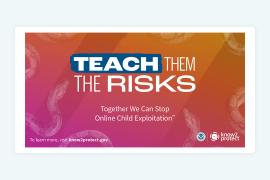The COVID-19 pandemic has drastically changed our lives in many ways over the past two years. According to Pew Research Center, adults shared in a survey how the outbreak negatively impacted their personal relationships, physical and mental health, and how they can spend their free time. Before COVID-19, there were no restrictions. We were able to travel anywhere we wanted, we could see friends and families during the holidays, and we could attend school, camps, and jobs in person surrounded by our peers. People would get colds and viruses often, but nobody was afraid to be near or around that person.
Unfortunately post COVID-19, traveling has become more strenuous, friends and family are more hesitant to celebrate, and if anyone coughs or sneezes in a public setting, they are sent home or to a COVID testing center. The new routine before seeing friends and peers in a group setting is to take a COVID-19 test at home to be sure you are not sick, especially during allergy season.
Seasonal allergies typically begin in early spring and reach peak allergy season in July. As summer progresses and we enter peak allergy season, any cough, sneeze, or runny nose may leave people wondering, “Do I have COVID-19?”
Allergies are caused by your immune system overreacting to a foreign substance in your environment — pollen, pet dander, mold — and are not contagious to others. Over-the-counter medications such as Zyrtec, Allegra, and Claritin generally can treat or reduce your allergy symptoms.
Unfortunately, outdoor allergies and COVID-19 both have many similar signs and symptoms. After three years of COVID-19 coexisting with seasonal allergies, it still feels close to impossible to differentiate what symptoms may call for isolation from others. While we have learned that taking a COVID test is the most efficient way to know, there are also a few symptoms that can help distinguish the difference between allergies and COVID-19.
How similar are the symptoms of my seasonal allergies and COVID-19?
A few symptoms commonly occur in both allergies and COVID-19, including stuffy nose, cough, fatigue, or shortness of breath. These symptoms alone may make it very hard to differentiate the difference between allergies and COVID. However, the duration of symptoms can be a tell-tale sign to help you. Much of the time, allergies can last much longer (up to months) than COVID-19 symptoms (2–14 days).
What are the biggest differences between my allergies and COVID-19?
A fever is the one symptom that can almost always rule out seasonal allergies. This is not a typical symptom that is related to allergies, but instead may point toward COVID.
Another symptom that would point toward COVID-19 is anosmia, or severe loss of smell. Allergies may cause a slightly diminished sense of smell due to nasal congestion, but this is often a partial smell loss and not as severe as the loss of smell found in many positive COVID-19 cases.
On the other hand, a symptom that may rule out COVID-19 would be swollen, puffy, and watery eyes. Airborne allergens may cause watering, swelling, and itching of the eyes. Your eyes may even tear up to wash out the pollen or other allergen.
A list of common allergy symptoms versus common COVID symptoms can be found below.
Common allergy symptoms
- Sneezing and itchy nose, eyes, mouth, and inner ear
- Puffy and swollen eyes
- Cough is wet and more sneeze-like
Common COVID-19 symptoms
- Fever, chills
- Muscle aches
- Nausea, vomiting, and diarrhea
- Cough is often dry
What are preventive measures I can take to avoid COVID-19?
To help protect yourself and others from COVID-19, there are many preventive measures that can be taken. Getting the COVID-19 vaccine and staying up-to-date on your vaccines is a safe, effective, and free way to avoid getting severely ill. Other actions you can take include wearing a well-fitted mask inside public areas, avoiding poorly ventilated spaces, covering coughs and sneezes, and monitoring your health daily.
It’s good to know from GoToKnow!
- Kessel, P. van, Baronavski, C., Scheller, A., & Smith, A. (2021, March 5). In their own words, American describe the struggles and silver linings of the COVID-19 pandemic. Pew Research Center. pewresearch.org/2021/03/05/in-their-own-words-americans-describe-the-struggles-and-silver-linings-of-the-covid-19-pandemic/
- Coronavirus disease 2019 (COVID-19): How to protect yourself & others. Centers for Disease Control and Prevention. cdc.gov/coronavirus/2019-ncov/prevent-getting-sick/prevention.html.
- Coronavirus disease 2019 (COVID-19): Frequently asked questions. People with seasonal allergies. Centers for Disease Control and Prevention. cdc.gov/coronavirus/2019-ncov/faq.html#People-with-Seasonal-Allergies.
This blog was sponsored by GoToKnow. It’s good to know with GoToKnow.
Periodically, the American Camp Association (ACA) makes timely and relevant information about products and services available to its members so they can make informed decisions for their camps. However, the ACA does not endorse products, services, or companies.
The views and opinions expressed by contributors are their own and do not necessarily reflect the views of the American Camp Association or ACA employees.




